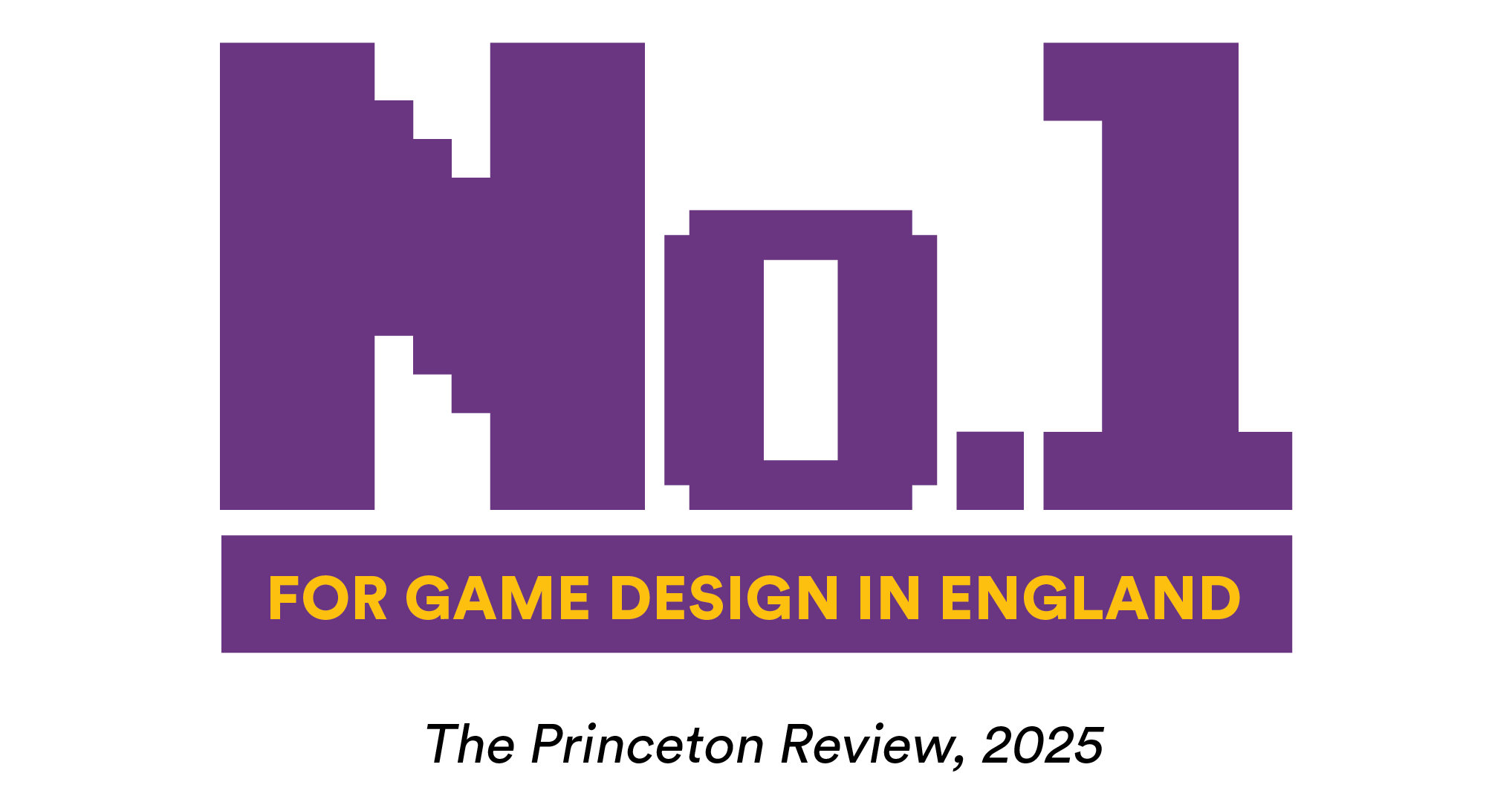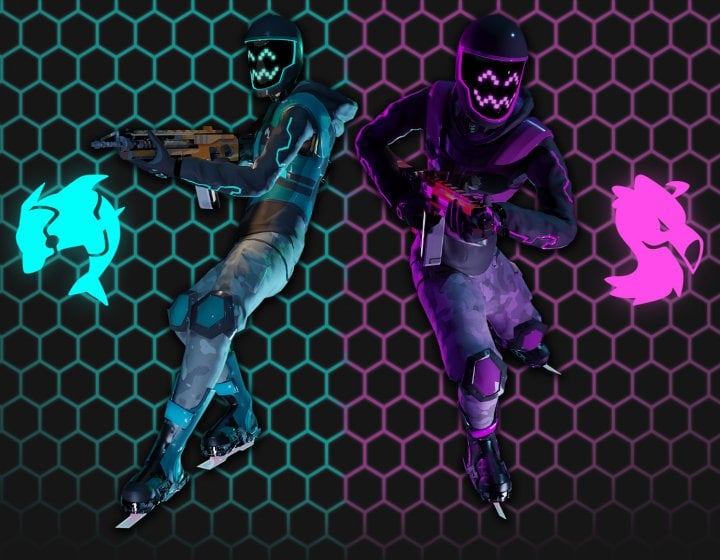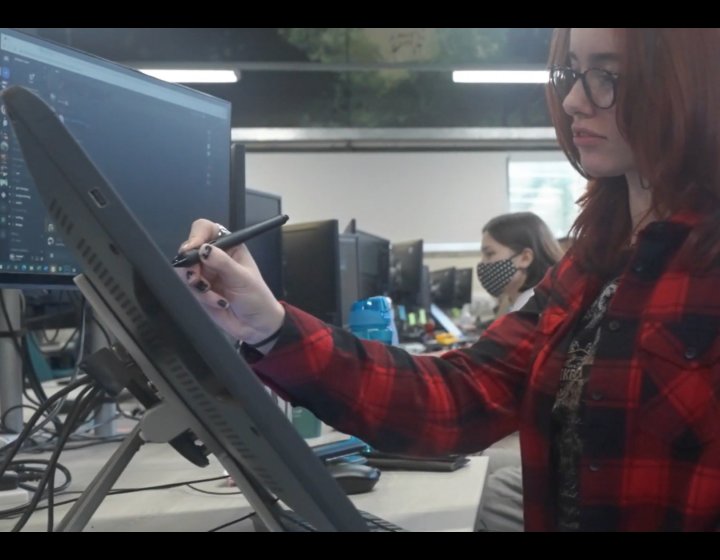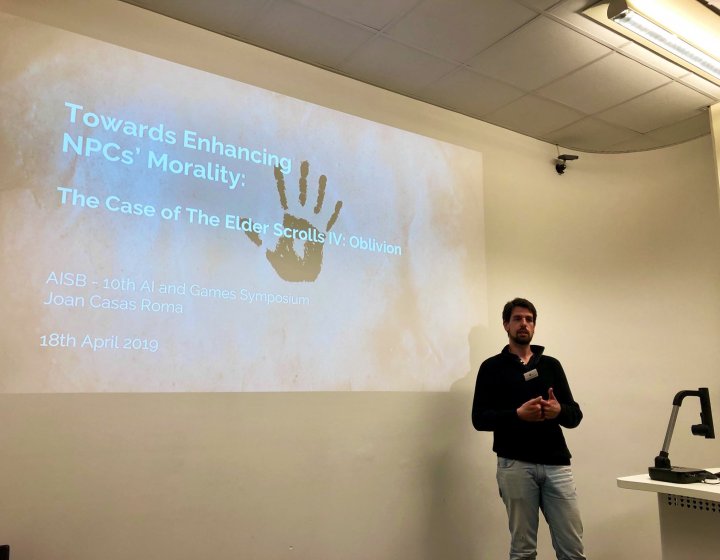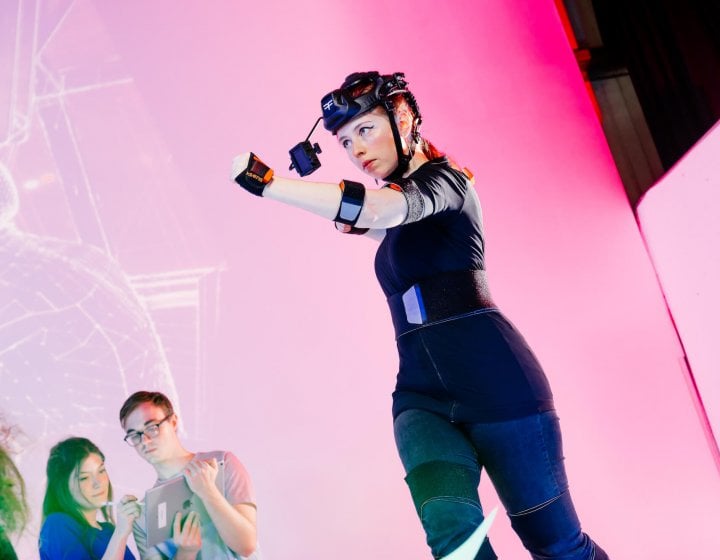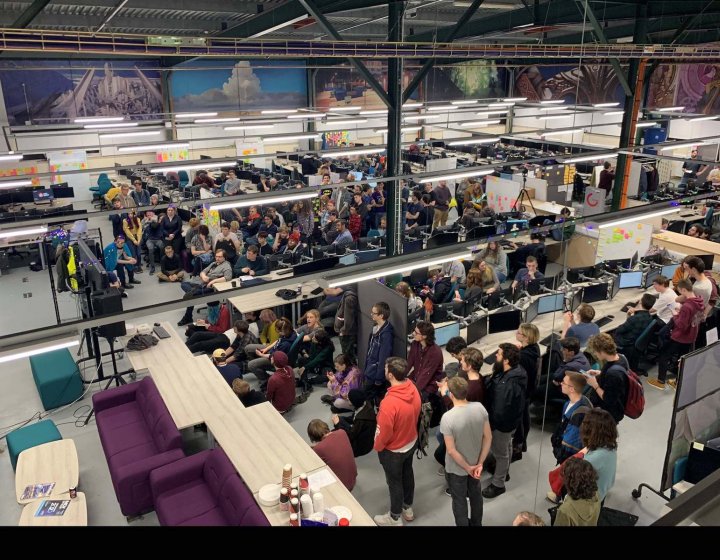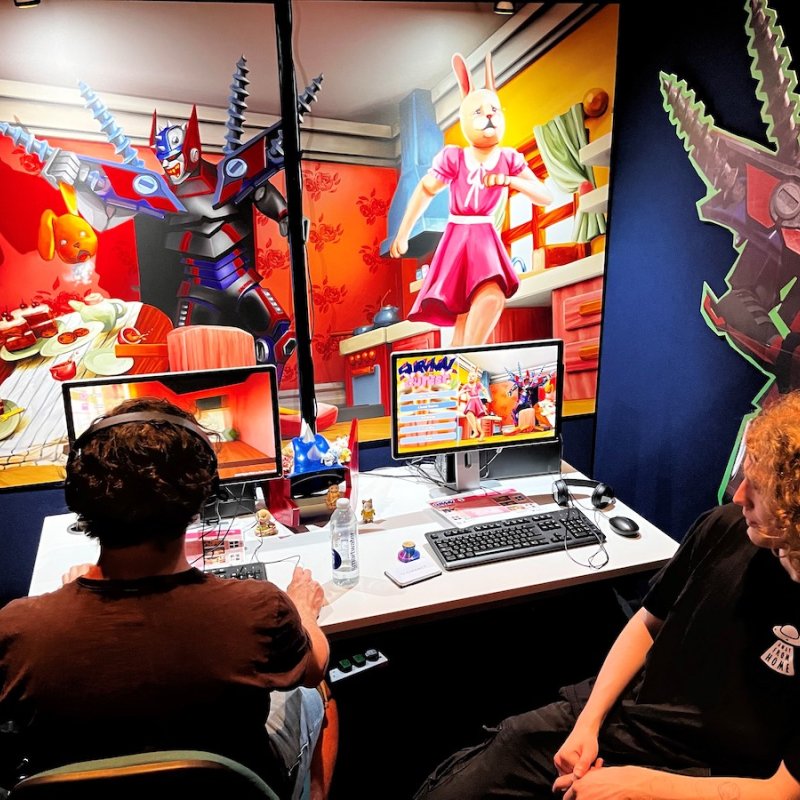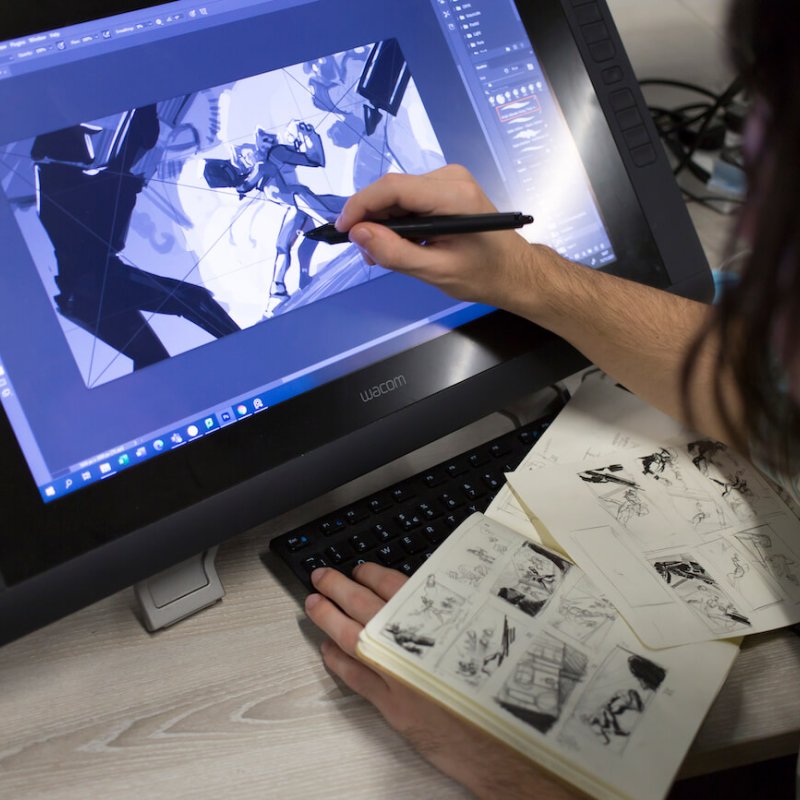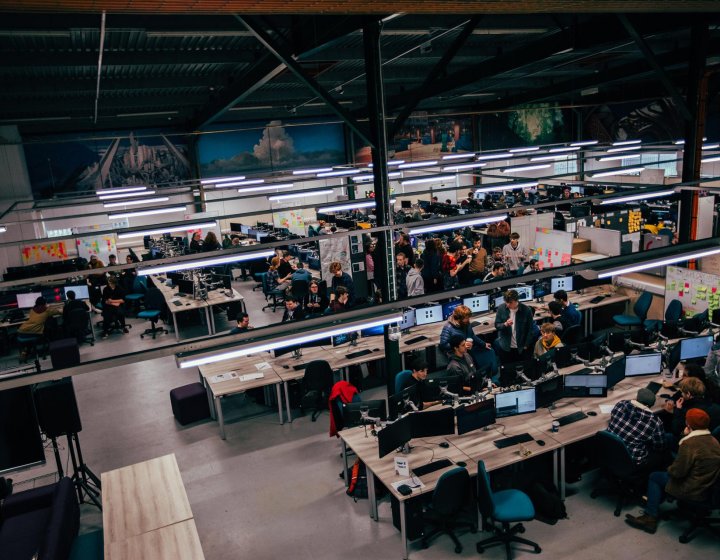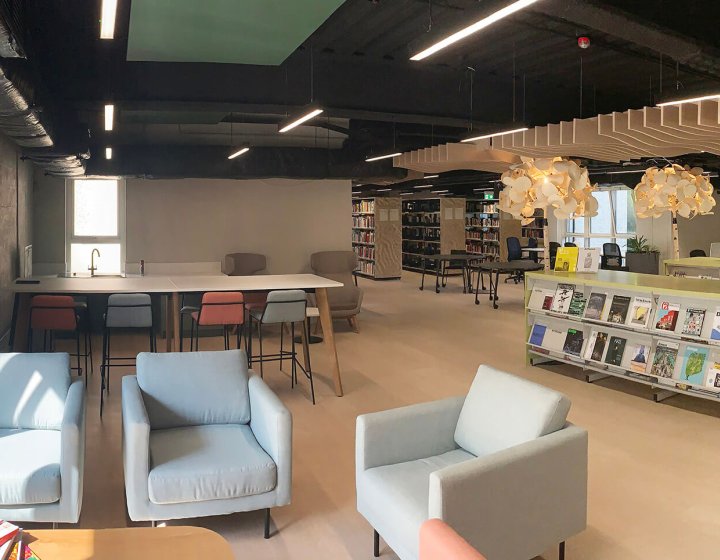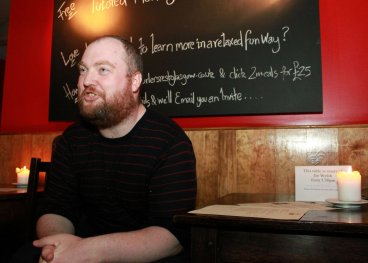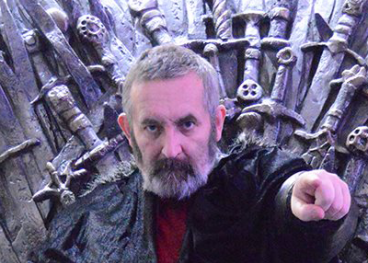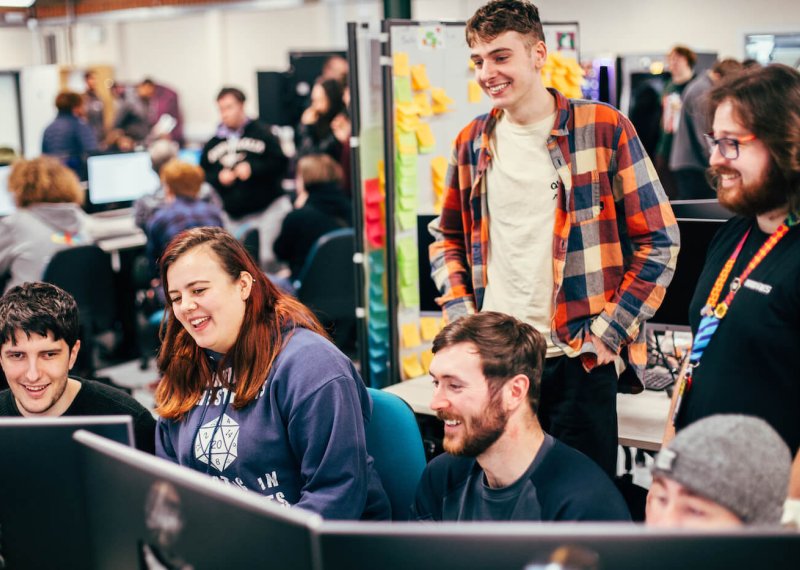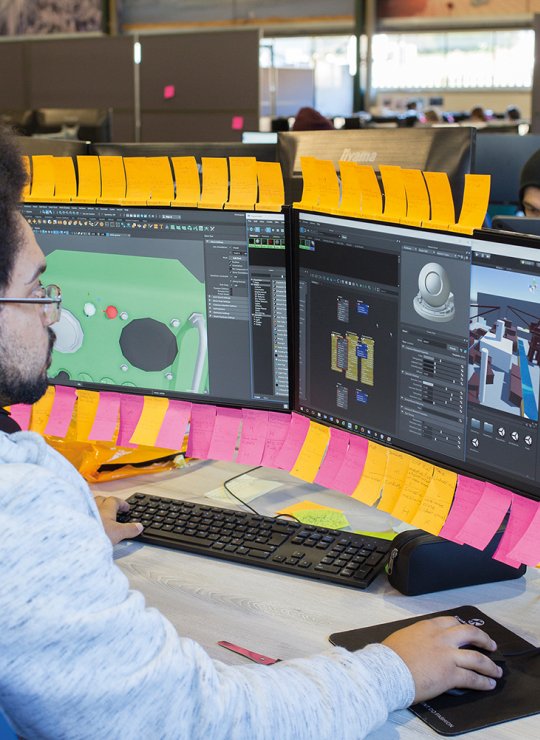
Game Animation BA(Hons)
Specialise as an animator working on games.
Course overview
Specialise as a games animator, one of the games industry’s most sought-after roles. If you have the passion, we’ll teach you what you need to know – from mastering core animation principles in a game development context to rigging and animating characters in real time to implement into major game engines.
On this Game Animation course, you'll work in studio-style collaborative teams mirroring industry practice as you work through full implementation of the game animation pipeline. You’ll graduate with a rich portfolio of work, ready to launch your games career.
Why study this course at Falmouth?
- We’re ranked as the number one university for game design in England (Princeton Review, 2025) and have some of largest and best-equipped dedicated student game-making facilities in the country
- You’ll learn from professional game animators, developers and artists who have worked on titles like Hitman, League of Legends, World of Warcraft and Final Fantasy XII
- You’ll collaborate in multi-skilled teams to create real games from the outset, keeping the Intellectual Property (IP) of any games you produce
- Our graduates have worked in animator roles for Respawn on Apex Legends and at Creative Assembly, Frontier, nDreams and Ubisoft
Similar courses
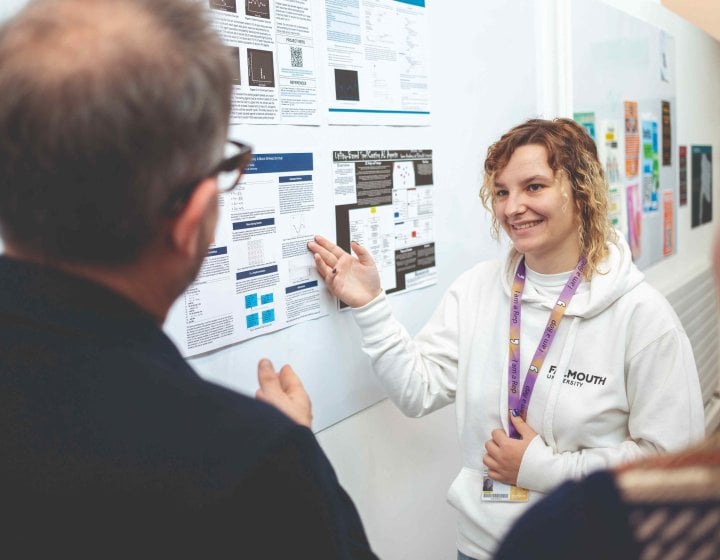
Computer Science BSc(Hons)
New immersive realities, data-rich interactions, automations and ever-more ubiquitous systems are sh...
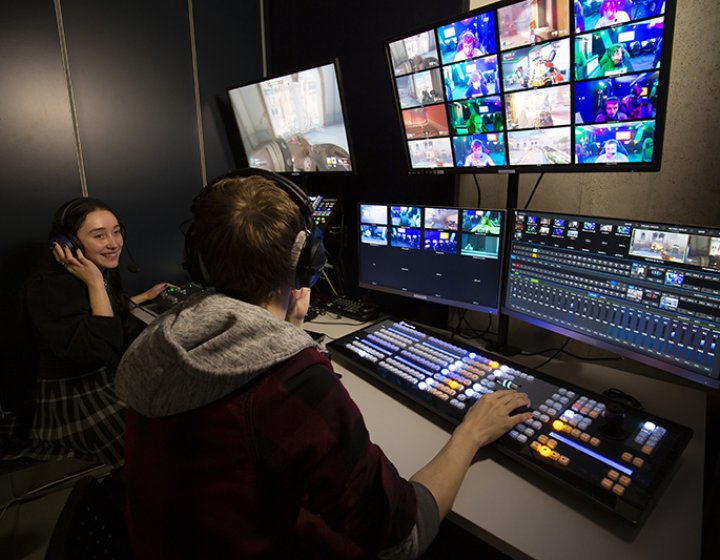
Esports & Livestreaming BA(Hons)
Immerse yourself in Esports culture on this degree, which offers a unique opportunity to be at the f...
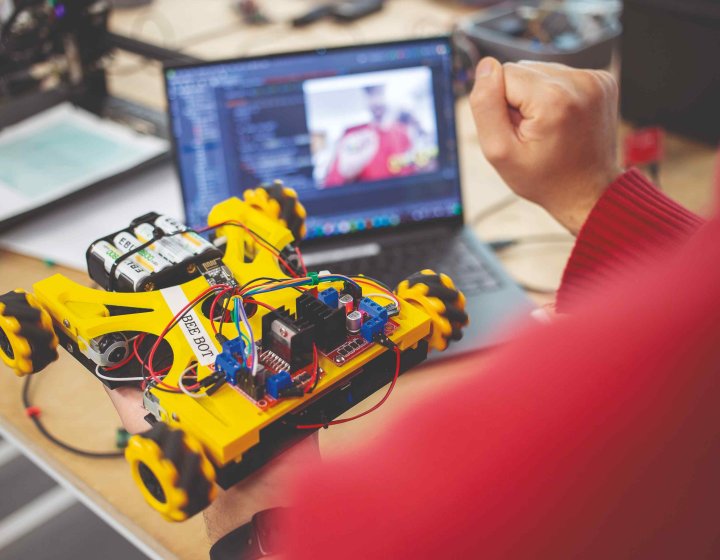
Robotics BSc(Hons)
Explore the world of artificial intelligence and create interactive robots that respond to the chall...
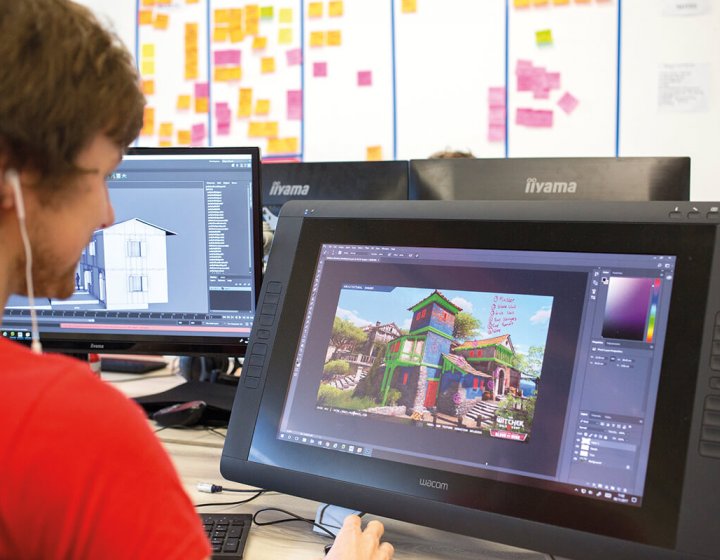
Game Development BA(Hons)
Join a community of people who have a passion for games. From day one, you’ll work as you would wi...
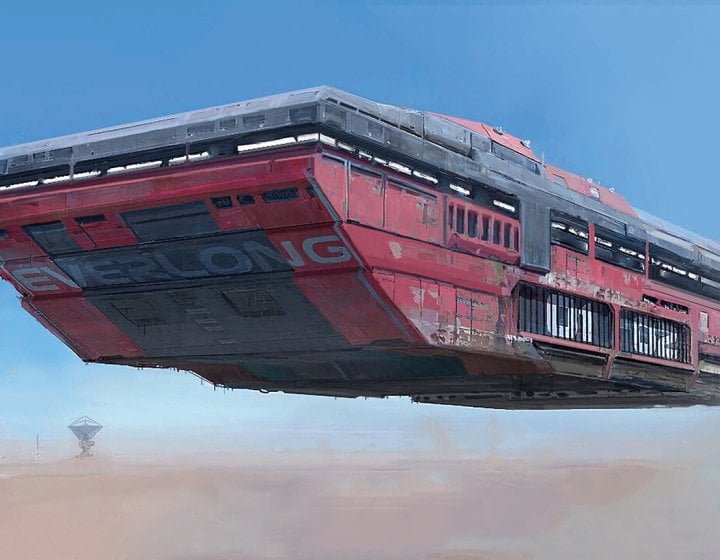
Game Art BA(Hons)
Work in multi-skilled collaborative teams and graduate as a confident, industry-ready game artist. ...
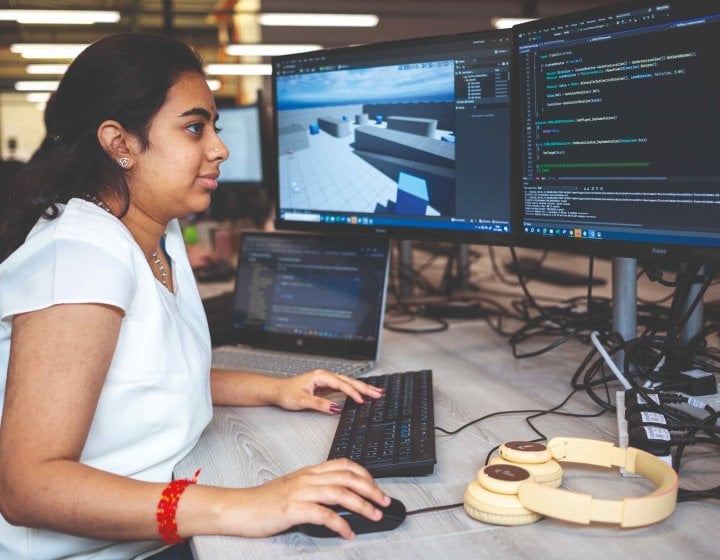
Computing for Games BSc(Hons)
Learn how to shape the games of the future by studying game development through the lens of computer...
